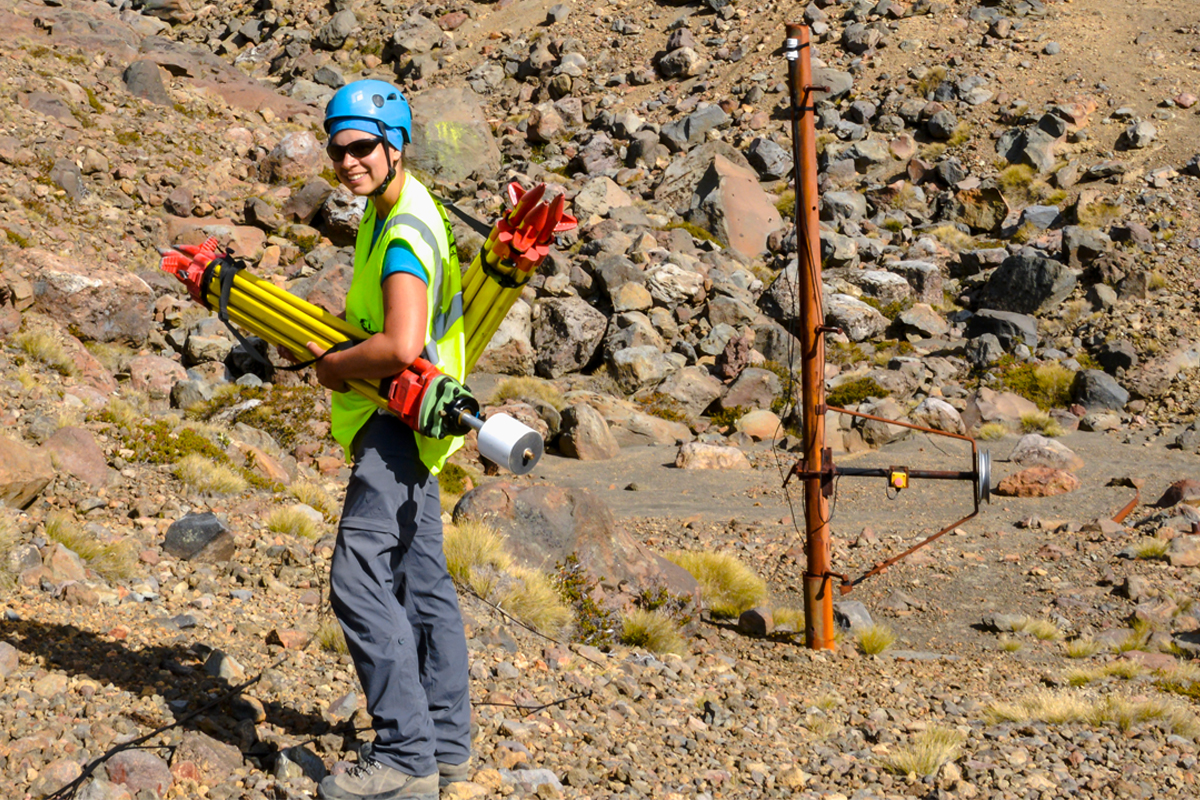All Categories
Featured
Table of Contents
What Does A Geophysicist Do: Duties And Responsibilities in Booragoon Oz 2021
Connect with MBA programs looking for prospects like you. Research study. Link with master's programs around the country to get an edge over the competition.

A geophysicist research studies various elements of the earth. According to the U.S. Geological Study, they study gravity, magnetic, electrical, and seismic activity events. Geophysicists likewise record, assess, and take measurements of geographical functions and abnormalities. See a video to discover what a geophysicist: Geophysicists need to earn a minimum of a bachelor's degree; however, this is for an entry-level position.
If you want do research you should pursue a Ph. D. Undergrad coursework typically includes geology, mathematics, environmental science, or physics. Advanced degrees need more particular research studies in the specialized of option. Locations can include oceanography, climatic physics, climatology, planetary, petroleum, environmental, and mining. Job potential customers are higher if you have a strong background in computer technology or innovation.
Geophysical Survey Next Step In Carbon Storage Study in Morley Australia 2020
Access to these chances may be limited depending upon where you live; nevertheless, internships or summer programs with geophysical companies, university geophysics department, or the U.S. Geological Survey can be options. You can discover a list of a list of chances on the United States Geological Study (USGS) sites' Pathway Programs tab (opens in another link).
If you have yet to finish high school, taking as lots of science and mathematics classes as possible would be a plus. Geophysicists likewise work with computer systems while researching, so computer system courses can also be handy, as pointed out earlier in this short article. Lots of geophysicists specialize in an area of geophysics. For that reason, the job description would alter pending on the specialized.
A geophysicist's tasks can include measuring, tracking, and documenting data from numerous physical residential or commercial properties on earth. They likewise examine and exam info received. Geophysicists typically need to travel worldwide to analyze geological events that have occurred or might have been forecasted. Geophysics is a research-based career field, for that reason one need to have the ability to assume, problem-solve, and question or obstacle formerly held presumptions from their collected information.
Geophysical Methods in Upper Swan Western Australia 2020
For example, Jay Wellik, a geophysicist, research studies volcanos. His area of competence in geophysics is investigating why volcanos appear and what indicators there may be that an eruption might happen. He tracks seismic activity and then follows what occurs previously, during, and after a volcano appears. Geophysicists normally work full-time hours; nevertheless, they typically work irregular hours, as pointed out formerly.

You can find additional info about Geophysicists together with additional academic products on the U.S. Geological Study site (links open in a brand-new window). Laura Stern, of the U.S. Geological Study at the Gas Hydrates Laboratory in Menlo Park, California: We make a number of different hydrates in the laboratory.
We also make co2 hydrate, ethane hydrate, propane, a number of various structures. Liquid nitrogen is really cold. It's about 100 degrees colder than the temperature at which these hydrate samples would dissociate, when they would break down to ice plus gas on the tabletop. In here we have a little piece of methane hydrate.
What Geophysicists Do in Winthrop Australia 2023
So the samples we make, their polycrystalline. They appear like snow, it appears like compressed snow but honestly, it does contain gas inside. Take a little piece off here and as it heats up, you'll begin to see it pop. It's reverting to ice plus gas and then as the ice would melt as it continues to warm, it will end up being water plus gas.
My name is Steve Kirby, I'm a Geophysicist here at the U.S. Geological Study in Menlo Park. I deal with Laura Stern who is also a Geophysicist in this lab that adheres towards the examination of planetary ices and gas hydrates. Gas hydrates in nature occur in very remote locations and they are extremely complex with the interactions and conditions that they form under and samples that are raised are under some sort of alternation or decay.
This is an unusual lab and there are just a handful of them worldwide and we are extremely lucky to be here at the Geological Survey and to have the chance of dealing with them. Bureau of Labor Statistics, U.S. Department of Labor, Occupational Outlook Handbook, Geoscientists. National Center for O * NET Development.
Geophysical Surveying And Mapping Services (Geology ... in Wembley Downs Aus 2023
This video was produced by the federal government for the U.S. Geological Study. The USGS Gas Hydrates Lab is moneyed by the Department of Energy and the USGS Gas Hydrates Project.
Latest Posts
Where Can A Geophysicist Work Other Than The Oil Industry? in Ellenbrook Oz 2021
Geophysicist in Como Aus 2022
Geophysical Surveys Definition & Meaning In Stock ... in Karrinyup Aus 2022